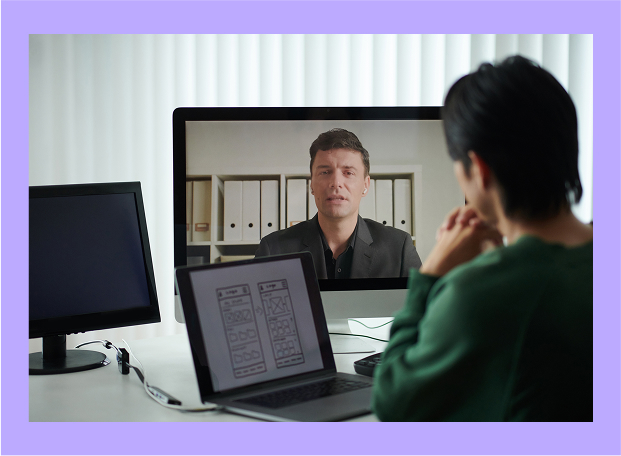The history of Portugal FC is rich with moments of brilliance, none more captivating than the emergence of its ‘Golden Generation.’ This era, roughly spanning the late 1980s to the mid-2000s, transformed Portuguese football.
It brought an abundance of world-class talent to the forefront. This dramatically elevated the national team’s status on the global stage. The story of triumph began with a youth revolution that promised a bright future for Portugal FC.
The Seeds of Gold: U-20 World Cup Dominance
The foundation for Portugal’s Golden Generation was spectacularly laid with back-to-back FIFA U-20 World Cup victories. The first triumph came in 1989.
Under the guidance of manager Carlos Queiroz and captained by Toze, Portugal defeated Nigeria 2-0 in Saudi Arabia. This victory introduced the world to talents like Paulo Sousa, João Pinto, and Fernando Couto.
Two years later, in 1991, Portugal hosted the U-20 World Cup. Once again led by Carlos Queiroz and captained by João Pinto, they successfully defended their title.
This monumental triumph on home soil was more than just a win. It was the official announcement of the arrival of Portugal FC‘s extraordinary ‘golden generation’ to the footballing world.
Shining Bright: Key Players and Senior Team Impact
The first Golden Generation was truly defined by iconic superstars. Figures such as Luís Figo and Rui Costa were at its heart.
These players, along with many others from the U-20 winning squads, seamlessly transitioned into the senior national team. Known as the ‘Seleção das Quinas,’ their collective skill and vision were unmatched.
They transformed Portugal FC from a perennial underdog into a formidable footballing power. This team was now capable of challenging the best teams globally. Their immediate impact was felt in major tournaments.
At UEFA Euro 1996, Portugal topped their group, signaling their powerful arrival. Though they narrowly lost 1-0 to the Czech Republic in the quarter-finals, a new era for Portugal FC on the international stage had begun.
Major Tournaments: Close Calls and Lasting Legacies
The Golden Generation’s journey through major tournaments was filled with unforgettable moments. UEFA Euro 2000 was a significant outing, where they reached the semi-finals.
This achievement further solidified Portugal’s reputation as a strong team. The FIFA World Cup 2002 provided their first taste of the biggest global stage in football.
Perhaps the most poignant moment came at UEFA Euro 2004, which Portugal proudly hosted. They reached the final, captivating the entire nation. However, they ultimately suffered a heartbreaking 1-0 loss to Greece.
This tournament was a watershed for Portuguese football. Not only for the team’s performance, but also for significant infrastructural advancements. Many players from this generation began to retire from international football after Euro 2004.
Though Luís Figo continued for a period, their final major tournament together was the FIFA World Cup 2006, where Portugal reached the semi-finals, leaving a profound legacy.
A New Era: Ronaldo and the ‘Golden Generation 2.0’
As many of the original Golden Generation players departed after Euro 2004, a new legend emerged: Cristiano Ronaldo. He quickly became a pivotal figure and eventually the team’s captain, leading Portugal FC into a new era of success.
While the term ‘golden generation’ traditionally refers to the Figo and Rui Costa era, Portugal has consistently produced top talent. Many now speak of a ‘second golden generation’ or ‘Golden Generation 2.0’ around the mid-2010s.
This new wave brought Portugal its first major international trophy with a victory at UEFA Euro 2016. This was followed by another triumph in the inaugural UEFA Nations League in 2019.
These victories showcased the enduring strength of Portugal FC. The current squad, under manager Roberto Martínez, brilliantly combines experienced stars like Cristiano Ronaldo, Bruno Fernandes, and Bernardo Silva with exciting younger talents such as Rúben Dias and Nuno Mendes.
This blend fuels discussions about whether this current iteration also qualifies as a ‘Golden Generation 2.0.’ They are certainly poised to achieve further major titles, perhaps even a World Cup. For international fans following Portugal FC, understanding these narratives across different languages can be crucial. Tools like Doctranslate.io can help you easily translate articles and news about the team, ensuring you never miss a beat.
Looking Ahead: The Legacy Continues
The legacy of the original Golden Generation undeniably paved the way for future successes. It created a culture of excellence within Portugal FC. From the U-20 triumphs to the senior team’s consistent strong performances, Portuguese football has been marked by ambition and incredible talent.
The journey of Portugal FC is a testament to perseverance and passion. As fans, we eagerly anticipate what this current crop of players will achieve. Whether you’re tracking player stats or analyzing match reports, having access to information in your native language is key.
Doctranslate.io simplifies this, allowing you to quickly translate documents and stay informed. You can even consult its user manual for advanced features. It’s an invaluable resource for any dedicated supporter looking to dive deep into the world of Portugal FC.
Explore the rich history of Portuguese football further and stay updated with the latest news. Consider using modern tools to bridge language gaps in your passion for the beautiful game!


Để lại bình luận